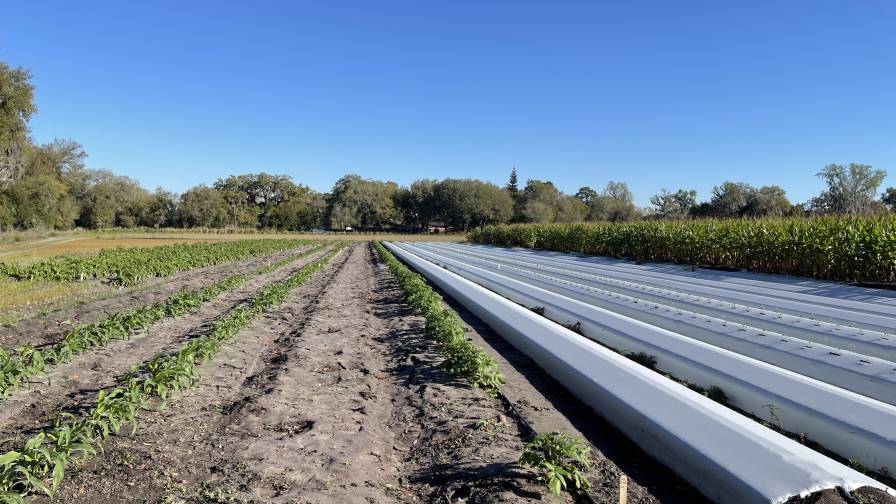Industry Scores Seed Count Victory
By voting to standardize procedures for seed count labeling and testing methods on July 14, 2010, The National Conference on Weights and Measures (NCWM) has positively impacted farmers and seed companies nationwide.
The Independent Professional Seed Association (IPSA) shared its support for a petition filed by the American Seed Trade Association (ASTA) to amend Handbook 133 of the National Institute of Science and Technology (NIST), which includes procedures for testing packages labeled by weight, volume, measure, and count. The petition requested that the handbook match the standards of the Association of Official Seed Analysts (AOSA) for testing seeds under this variety of labeling protocols.
In the past, seed has been bagged and sold by weight in accordance with the NIST handbook. Thanks to technological advances, farmers can now calculate the exact number of seeds they will need to plant on each acre, which encourages them to purchase seed based on seed count rather than weight. Because seed is a living organism that can vary in size and weight from year to year depending on the growing conditions and storage environment, it is difficult to precisely size seed for sale. The approved amendment, effective Jan. 1, 2011, is specific to corn, soybean, field bean, and wheat seed, and designed to reduce confusion from a regulatory compliance standpoint and provide uniformity and harmonization among state laws.
The addition of this amendment means significant savings for seed manufacturers who will no longer need to make costly manufacturing changes, but for farmers as well, who can make seed purchase decisions based on seed count, lowering their input costs.
Several other organizations joined IPSA in its support for ASTA’s petition including the American Farm Bureau Federation, the Association of Official Seed Analysts, the Association of American Seed Control Officials, Iowa State University, the National Corn Growers Association, the American Soybean Association, the National Association of State Departments of Agriculture, and several state seed, corn, and soybean associations.






